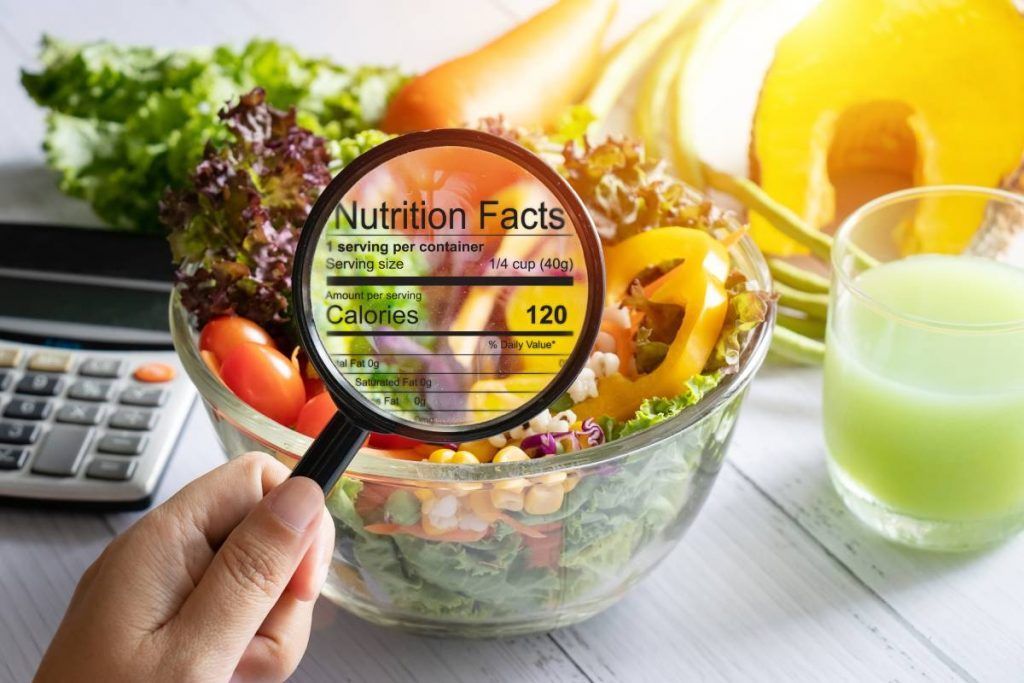
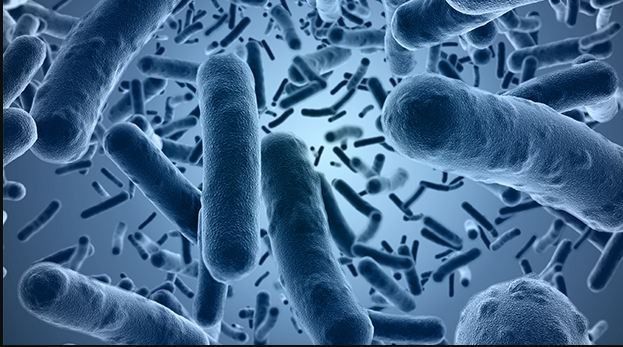


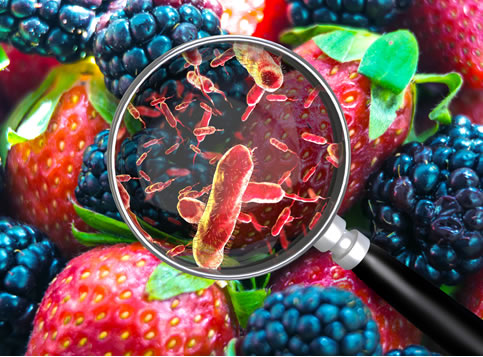
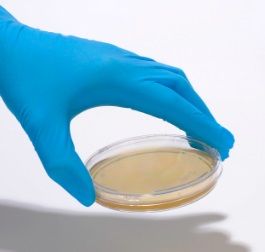
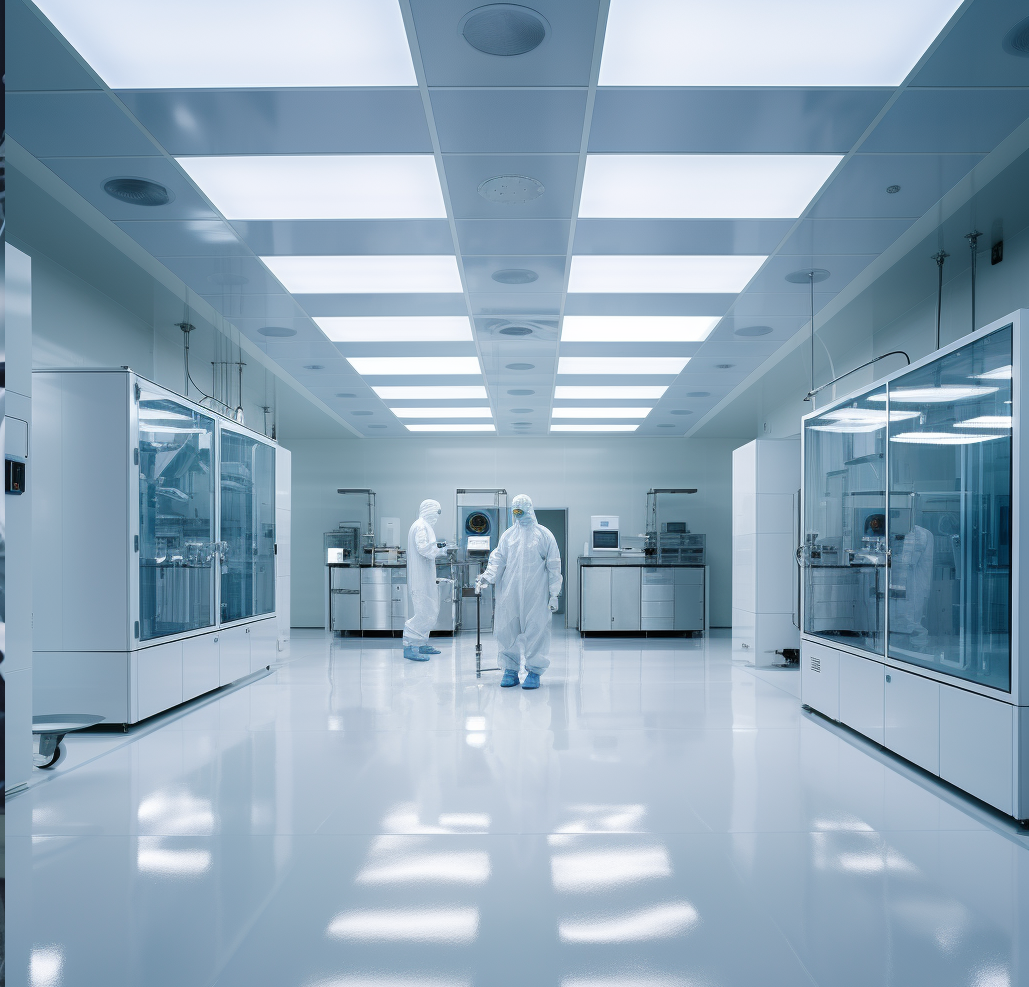
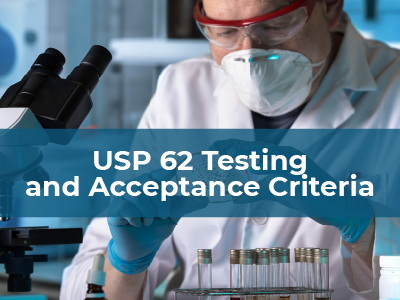
Total coliform testing is a method used to determine the presence of coliform bacteria in drinking water. Coliform bacteria are a group of microorganisms that are naturally present in the environment, including in soil, vegetation, and the intestines of warm-blooded animals.
Total Coliforms are a broad category of bacteria, and their presence in water indicates possible
contamination. This testing is crucial for assessing the microbial quality of drinking water. It serves as an indicator of potential fecal contamination and the presence of other harmful pathogens. Monitoring total coliform levels helps water authorities and health agencies identify and address issues related to water quality to prevent waterborne diseases.
Total
coliform testing detects various organisms, including Escherichia coli (E. coli), Klebsiella, Enterobacter, and Citrobacter, among others. While not all coliform bacteria are harmful themselves, their presence suggests possible contamination by fecal matter or other pathogens, which could pose health risks. Measuring total coliform in drinking water is essential for safeguarding public health. Contaminated water can cause gastrointestinal illnesses, such as diarrhea, vomiting, and stomach cramps. By monitoring total coliform levels, water authorities can take preventive measures to ensure water safety and protect consumers from waterborne diseases.
Positive Result: A positive result indicates the presence of total coliform bacteria in the water sample. Further testing, such as fecal coliform or E. coli testing, may be necessary to confirm fecal contamination and assess the severity of the issue.
Negative Result: A negative result means that no total coliform bacteria were detected in the water sample. While it suggests that the water is free from total coliform contamination, periodic testing is still necessary to monitor water quality and ensure continued safety.
Total coliform testing is significant because it provides early warning signs of potential water quality problems. By detecting coliform bacteria, water authorities can take corrective actions, such as disinfection or source water protection, to prevent contamination and ensure that drinking water meets regulatory standards.
Total coliform water testing is necessary in various circumstances:
In conclusion, total coliform testing is a critical aspect of ensuring the safety and quality of drinking water. By understanding its significance, interpreting results accurately, and conducting testing, when necessary, we can protect public health and prevent waterborne diseases.
At Sure-BioChem Laboratories, our top priority is ensuring the safety and purity of your drinking water. We understand the crucial role that clean water plays in public health and well-being. That's why we are dedicated to providing accurate and reliable total coliform testing services to help safeguard communities against waterborne contaminants.








Interested in Working with
Sure-BioChem Laboratories
Sure-BioChem Laboratories offers top-notch analytical testing for various industries. Our advanced lab and expert team ensure reliable, quality results. We're committed to excellence, helping clients meet high standards in environmental, food, and pharmaceutical testing.
Headquarters:
1000 Atlantic Avenue
Camden, NJ 08104
PHONE: 888-398-7247
Main Menu